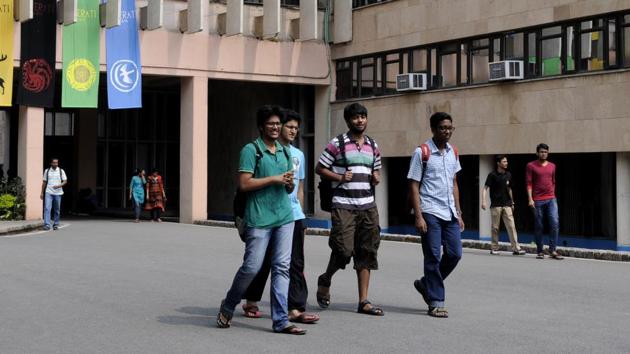Major changes in engineering courses in the offing
Laying down the roadmap for major changes in engineering courses, the All India Council for Technical Education (AICTE) on Wednesday unveiled its policies on student internships, examination reform and the training of technical teachers.
Laying down the roadmap for major changes in engineering courses, the All India Council for Technical Education (AICTE) on Wednesday unveiled its policies on student internships, examination reform and the training of technical teachers.

As part of its recommendations, students pursuing bachelor’s degree in engineering will have to undergo at least 600 to 700 hours of internships which would earn them credits. AICTE, the apex body on technical education in the country, has also suggested examinations to test a student’s ability to apply knowledge rather than cram facts. It has also given the nod for open book exams.
Technical teachers, on the other hand, will have to undergo an induction course at the time of joining and will also have to keep updating themselves as they progress. Officials said the policies released by human resource development minister Prakash Javadekar, are focussed on improving employability.
According to the AICTE’s Internship policy document, a minimum of 14-20 credits of internship or entrepreneurial activities may be counted towards B.Tech programme and 10-14 credits for the three year diploma course. This will result in about 600-700 hours of total internship duration for B.Tech students and 450 to 500 for diploma students.
The AICTE has also suggested an initial induction programme for teachers and updation of their skill set through in-service training programmes. It said that these suggestions were not mandatory but can provide future direction for technical education, it has also prepared a model curriculum which will serve as a broad guideline.
UGC ex-member Prof Inder Mohan Kapahy said, “The purpose of engineering education cannot be merely acquiring a degree. The awarded degree must be associated with optimal learning outcomes. Most employers complain that our technology degree holders are not equipped to provide solutions to actual problems faced by services and production industry. With these reforms the situation may improve in the next seven to eight years.”












